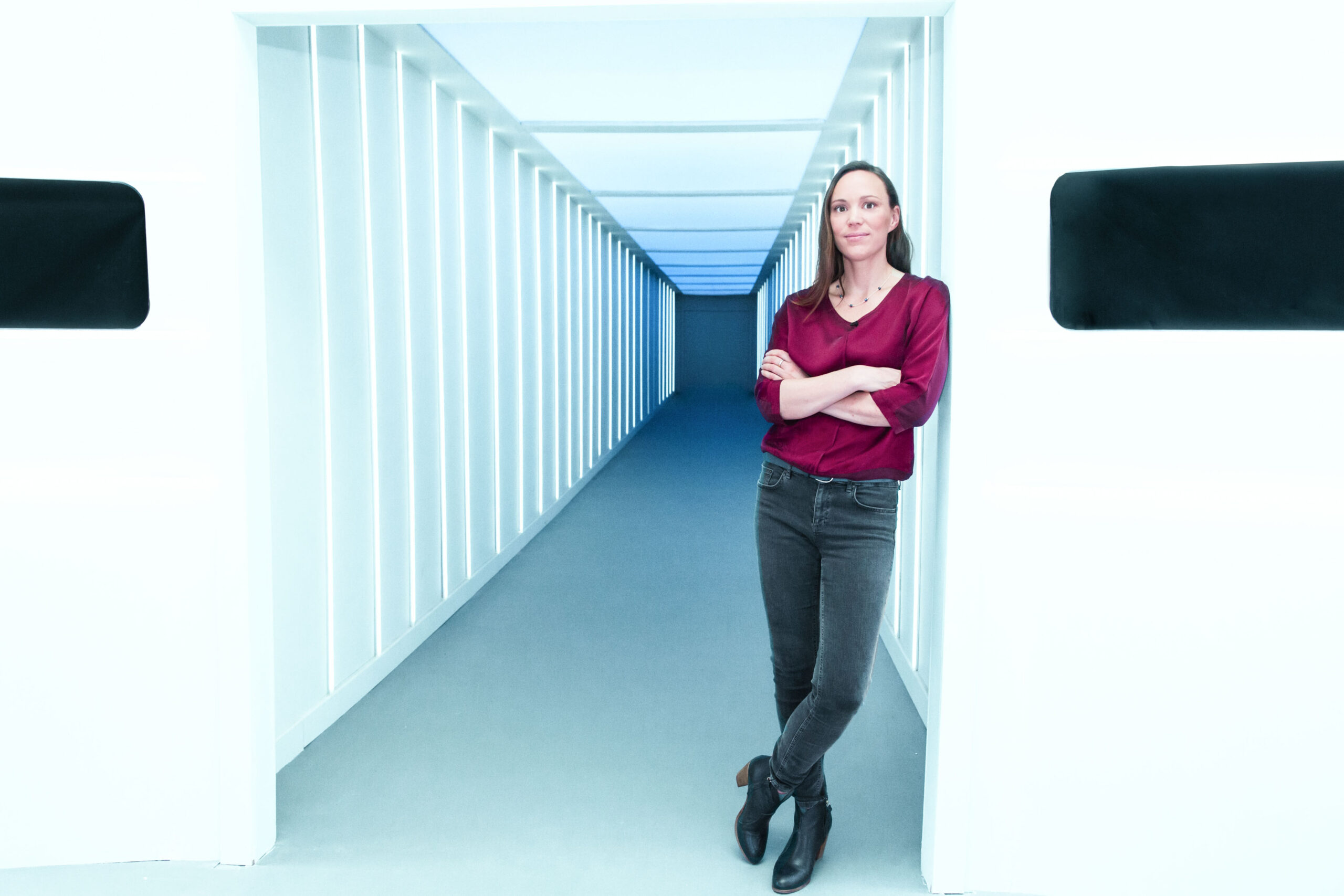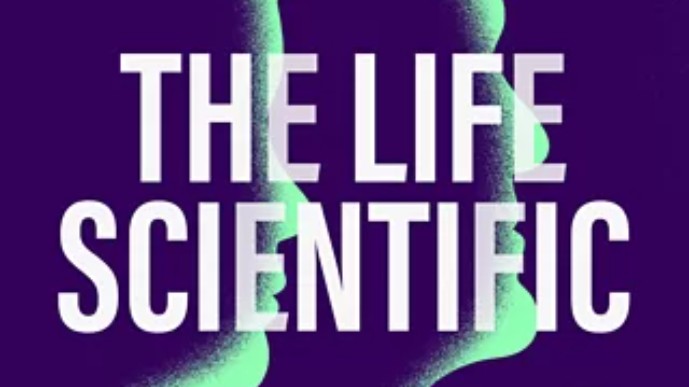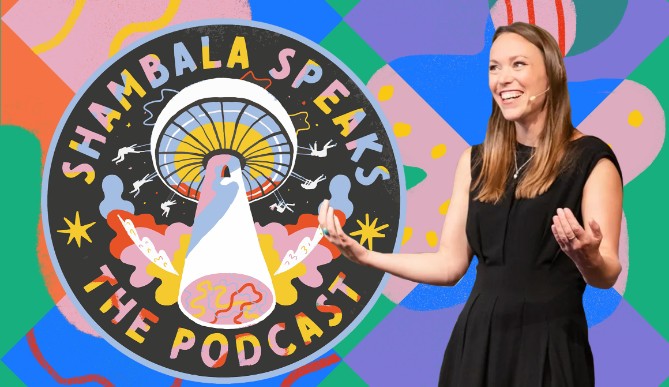
Keywords
Clinical Conditions
Equipment & Techniques
Science Culture
Dr Hannah Critchlow is an internationally-acclaimed neuroscientist, broadcaster, author and Fellow at Magdalene College, University of Cambridge. Best known for demystifying the human brain, she has appeared on BBC, ABC and Korean TV and Radio, notably in the Great Minds Series, Tomorrow's World Live and BBC Radio 4's Destiny and the Brain. Hannah has also experienced great success with her publications. Consciousness: A Ladybird Expert Guide was published with Penguin in 2018, and the following year The Science of Fate (Hodder, 2019) received international press coverage and made the Sunday Times Bestseller List. Her most recent book, Joined-Up Thinking, was published by Hodder in 2022 to critical acclaim. In 2022 Hannah received an Honorary Doctorate from Brunel University for her work in neuroscience and communication, and in 2019 was named by Nature as one of their 'Rising Stars in Life Sciences'. She was recognised as a 'Top 100 UK Scientist' by the UK Science Council in 2014 and named as one of Cambridge University's most 'inspirational and successful women in science' for her work in science communication. Hannah is available for consultancy work.

Dr. Hannah Critchlow is an internationally acclaimed neuroscientist who has spent her career demystifying and…

In this episode of Shambala Speaks, we hear from neuroscientist…
